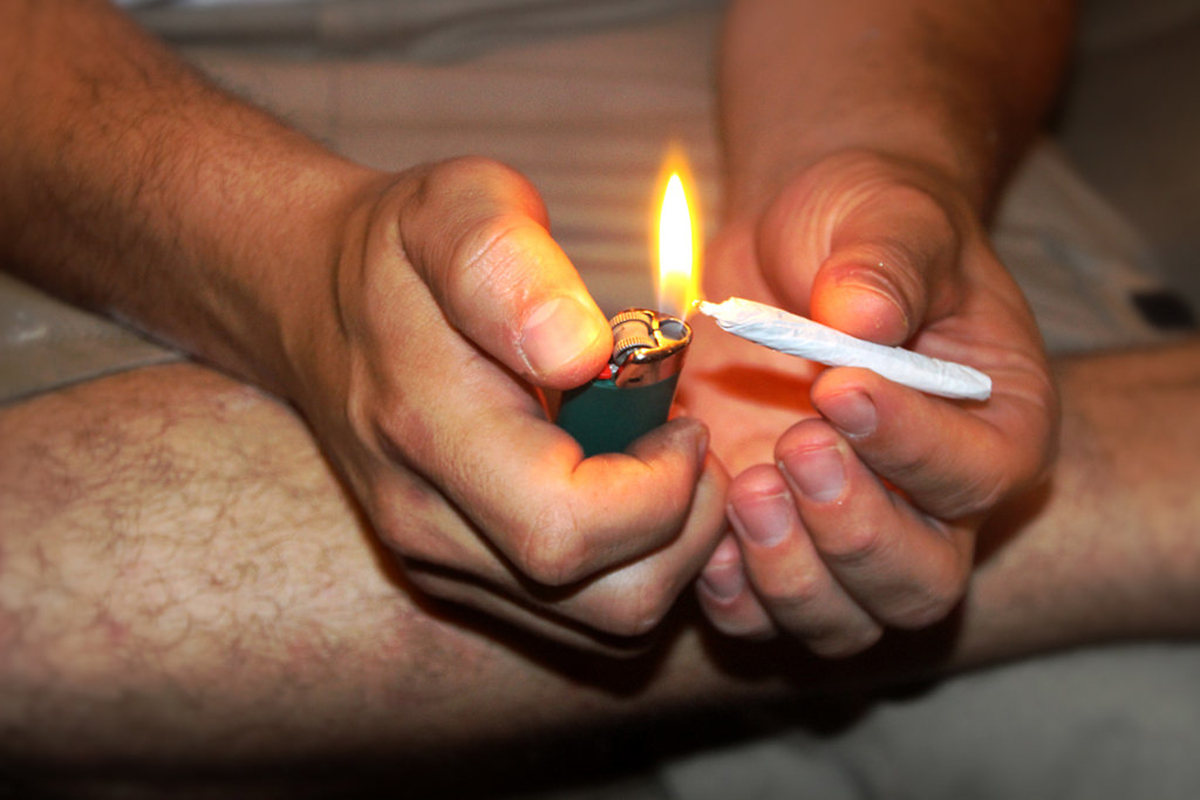Table of Contents
Because the receptor network we talked about earlier is so important, the body is really good at regulating its effects. If you've never been exposed to cannabis before, a small amount will trigger intense psychoactive effects and make you both very hungry and, a while later, very sleepy.

But if you've been chronically exposed to marijuana and then you stop using it, guess what? Can't eat. Can't sleep. Anxious. In pain.
That's right. Chronic exposure doesn't exactly mean tolerance. What happens is your body stops producing its own cannabinoids and shuts down production sites, and you lose receptors too. That means that you're facing diminishing returns: the more cannabis you use, the more you need to get the same effect and eventually, to maintain homeostasis. The receptor network tries to get "back to normal", fighting against the signals you're sending it by filling your body with exogenous cannabinoids.
How Can You Get Around It?
There is an effective means of preventing cannabis' long term effects. Taking regular breaks of three to five days' duration allows the receptor network to recover to some extent, and it's the receptors we want to regrow above all. Just a few days can have significant effects on receptor regrowth. Obviously that exposes you to the pain that's another sold reason to take cannabis, but if you can stand to switch to another pain management system, like Vicodin, for a few days, it can help your marijuana therapy be more effective in the long term.
The other angle you can approach things from is to increase your own production of endogenous cannabinoids. That will help to stimulate your appetite while you're on your "marijuana fast". So what stimulates endogenous cannabinoid production? Well, long hikes or any other form of physical exercise will help. That's hardly great advice if you're using marijuana therapy for an illness that confines you to a wheelchair, for instance, but if it's an option for you it can be effective.
See Also: Are Females More Susceptible To The Effects Of Marijuana?
If you think I've hit the nail on the head, or you'd like to pick me up on something — or you just want to know more! — get hold of me in the comments section below.
- Photo courtesy of M. Martin Vicente via Flickr: www.flickr.com/photos/martius/14460520194
- Photo courtesy of Halseike via Flickr: www.flickr.com/photos/99624358@N00/15274524149

